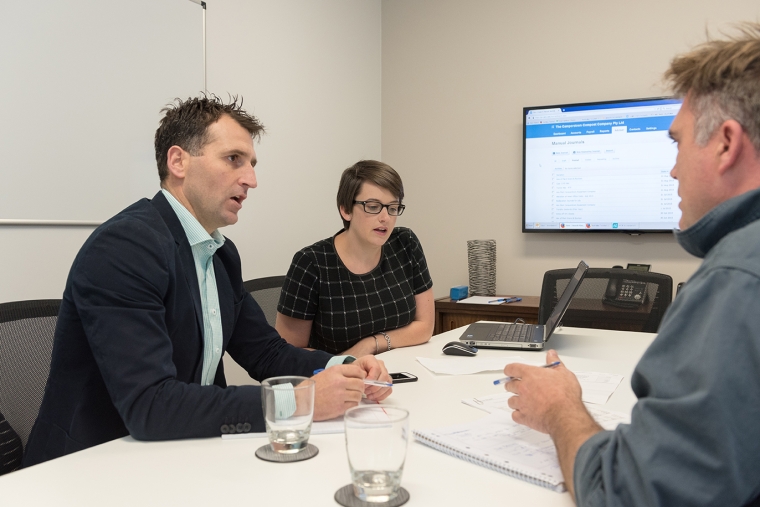

Progressing through the dairy industry from manager to sharemilker can be a big step for our young farmers, so it is important to be as knowledgeable as possible to ease the process.
There are several issues which need to be considered before the contract is signed, and others to be addressed before starting the new season.
Contract milkers and variable order sharemilkers cannot increase capital by an investment in stock or land as with herd owning sharemilkers or farm owners. The ownership of stock or land means those farmers sometimes effectively work for a year or two without any profit, knowing that when things come right their asset will increase in value to compensate.
Therefore it is vital that contract milkers and variable order sharemilkers have a budget which is accurate and stacks up each year to make a profit, even in a year of very low payout.
They invariably have little or no equity at the beginning of the contract and need bank finance to cover them until the spring milk payments come in. A cashflow budget will also be used to show which months will require bank finance.
No contract should ever be contemplated without doing a budget, and preferably getting advice from an accountant or financial adviser to help with this. We see many budgets prepared which do not illustrate the actual position.
Helpful employers may provide a budget, which unintentionally leave out major items such as ACC or relief staff wages which distorts the picture.
Or items may be under estimated showing a much higher profit from the contract than reality will prove twelve months down the track.
Making an early decision about which business structure to operate in is also important. Whether to operate as a partnership or company, for example, requires the sharemilker to assess the advantages and disadvantages for their particular situation.
This decision is needed early in the process to ensure contracts are signed by the correct entity; whether the sharemilking contract with farm owner, or employment contract with employees.
When doing new IRD registrations it is important to have the right advice. For example, GST is usually able to be returned on 'payments basis' but can be registered as 'invoice basis' without realising the implications of this.
If employing staff, there is a separate employer registration which must be done for filing employee returns such as PAYE, kiwisaver and student loans.
An understanding of deductibility of expenses at the beginning is recommended so all business expenses can be paid through the business account. This includes telephone and residence electricity of which a portion can be claimed as a tax deduction.
The decision of which software to use is important. Rather than rushing out and signing up to the software with the best marketing strategy, it is important to ensure it is the one which suits both your business and the way you wish to operate. Ease of use, and even whether or not you need separate software are considerations. Often you can pay a reduced amount for monthly subscriptions if the registration is managed through your accountant.
ACC is a type of compulsory insurance in a farming business, and before commencing operation there needs to be a conscious decision on what suits you best. Decisions on type of cover whether ACC Cover Plus, or ACC Cover Plus Extra to guarantee a set amount of cover. ACC covers accidents only, so perhaps it is good risk management to take out additional private cover for sickness.
Understanding the Income Tax system is useful so you can plan for the payments before they arise.
The need to save in the first year is a common trap for uninformed self-employed people. Usually in the first year of business no Income Tax payments are required, but the second year is likely to be double with Terminal Tax (for previous year) and Provisional Tax (for the current year) all due within a few months of each other.
Running any business involves a team, and the sooner you can get your team of experts in place, the more efficient your business will operate.
----------------------------------------------------------
Coral Phillips is an associate at CooperAitken Ltd, accountants in Morrinsville and Matamata. You can contact her here.
We welcome your comments below. If you are not already registered, please register to comment
Remember we welcome robust, respectful and insightful debate. We don't welcome abusive or defamatory comments and will de-register those repeatedly making such comments. Our current comment policy is here.